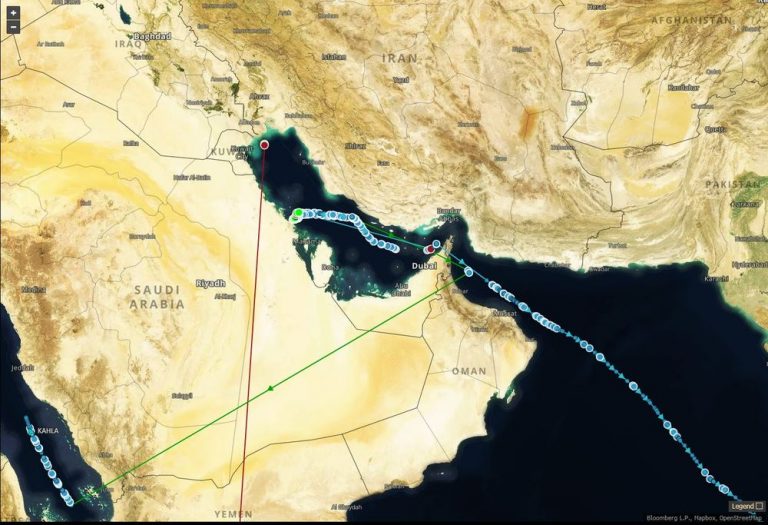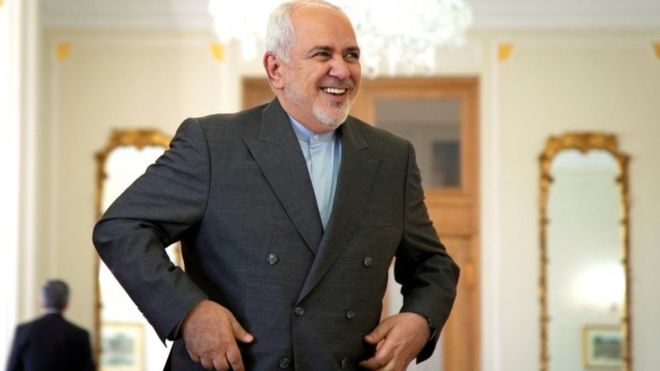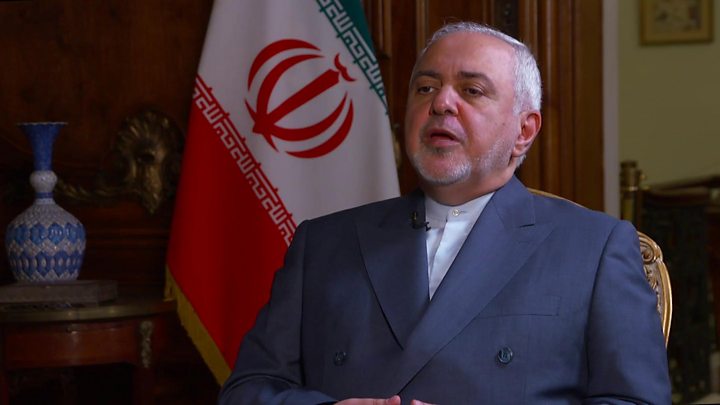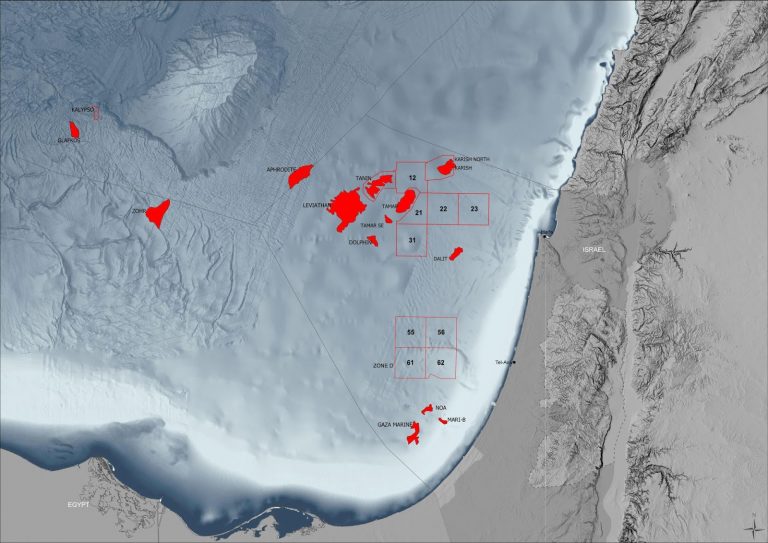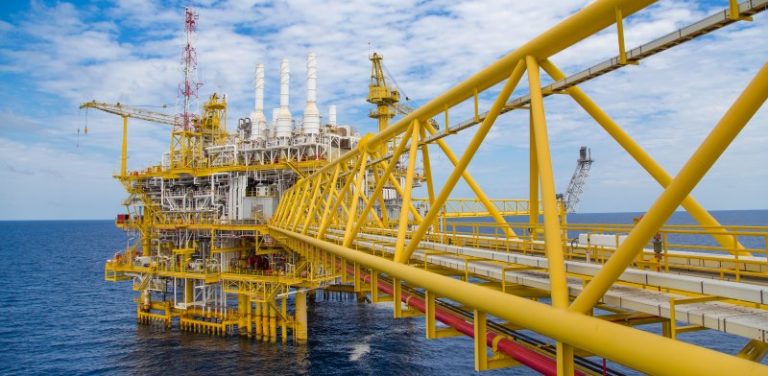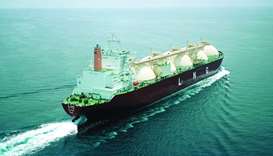LG Chem set to build 2nd US EV battery plant, say sources

Reuters/Seoul/Detroit
South Korean electric vehicle (EV) battery maker LG Chem is considering building a second US factory, three people familiar with the matter said, accelerating a race to add capacity to meet growing global demand for green vehicles.
LG Chem, one of the leading EV battery makers in the world that counts General Motors and Volkswagen among its customers, is weighing investing about 2tn won ($1.70bn) in the plant that could begin production in 2022, one of the people said.
Kentucky and Tennessee are among the candidates for the plant’s site, the person said.
A decision on the plant’s site is expected to be made by the end of this month, another person said.
Automakers are pushing ahead with billions of dollars in investments in electric vehicles to meet global regulatory requirements.
A new plant by LG Chem would come as South Korean companies have stepped up US investments, moves that have been praised by US President Donald Trump.
LG Chem’s new factory would primarily supply to Volvo, Fiat Chrysler Automobiles, and potentially to Hyundai Motor, GM and Volkswagen, one of the people said.
LG Chem, the most valuable company of the LG conglomerate, said in a statement issued to Reuters it is reviewing various ways to meet its global clients’ orders, but there are no concrete plans at the moment.
The sources declined to be named as the plan is confidential.
A second US plant would come amid a growing rivalry between LG Chem and crosstown rival SK Innovation, which recently broke ground on its $1bn US EV battery plant to primarily supply to Volkswagen.
Earlier this year, LG Chem sued SK Innovation in the United States for alleged theft of trade secrets by hiring its former employees.
“We are currently pursuing another production base,” LG Chem’s new CEO Shin Hak Cheol told reporters this week, without elaborating on the country.
Electric vehicle sales are projected to reach 1.28mn vehicles by 2026 in the United States alone, compared with less than 200,000 in 2018, according to market researcher IHS Markit.
Trump praised US investments by SK, Lotte Group and other South Korean conglomerates and raised hopes that Korean companies will continue to expand in the US. “Thank you very much. Congratulations. It’s a great job,” he said during his meeting with South Korean business leaders in Seoul on June 30.
The participants included group holding company LG Corp’s vice chairman Kwon Young Soo.
LG Chem, the battery supplier for GM’s Bolt, currently operates an EV battery plant in Michigan.
LG Chem also has production bases in South Korea, China and Poland.
It drew attention during the groundbreaking of its first US production facility in 2010, when former president Barack Obama travelled to Michigan for the event. LG Chem is also being wooed by the government of South Korean President Moon Jae-in to build a new domestic factory to create jobs – one of Moon’s top priorities.
CEO Shin said LG Chem is in talks to build a production facility for cathode materials used in EV batteries in the southeastern city of Gumi in South Korea, but details have not been finalised.
